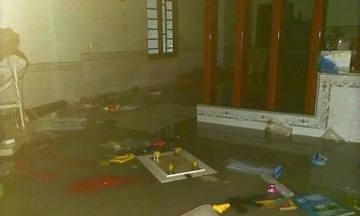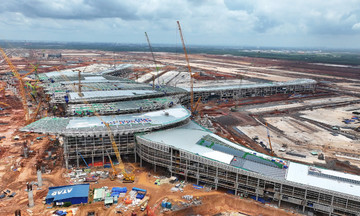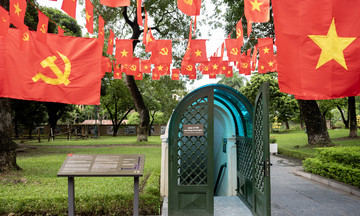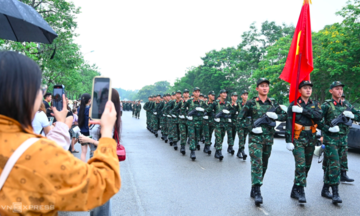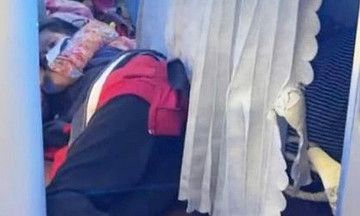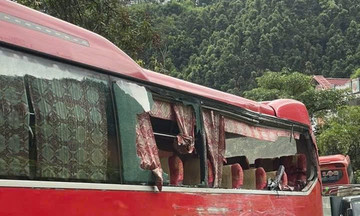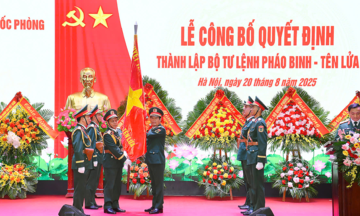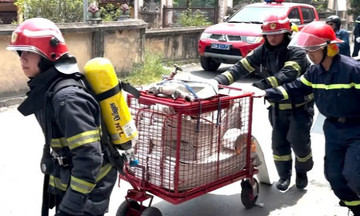At a government meeting on lawmaking on 23/7, the prime minister requested that the draft law amending and supplementing several articles of the law on drug prevention and control should focus on early prevention rather than dealing with consequences. He said that the fight against drug crime must begin with controlling drug users.
"The more drug users there are, the greater the demand for drugs, leading to an increase in supply. Therefore, preventing drug use is preventing the growth of demand," the government leader said.
The prime minister emphasized the need to institutionalize the Party's new viewpoint that "drug users are criminals" to have a legal basis for appropriate handling. However, he also noted the need to ensure humane treatment, especially for underage drug users, so that they are still guaranteed the right to study and rehabilitation.
Currently, the law on drug prevention and control still defines drug users as patients in need of rehabilitation support. However, the draft amended law proposes a change in approach, considering the illegal use of drugs a criminal act.
According to the law amending and supplementing several articles of the penal code, effective from 1/7, illegal drug users will be imprisoned if they fall into one of four cases: undergoing methadone maintenance treatment; under post-rehabilitation management; within two years of the end of the management period; or abandoning treatment within two years.
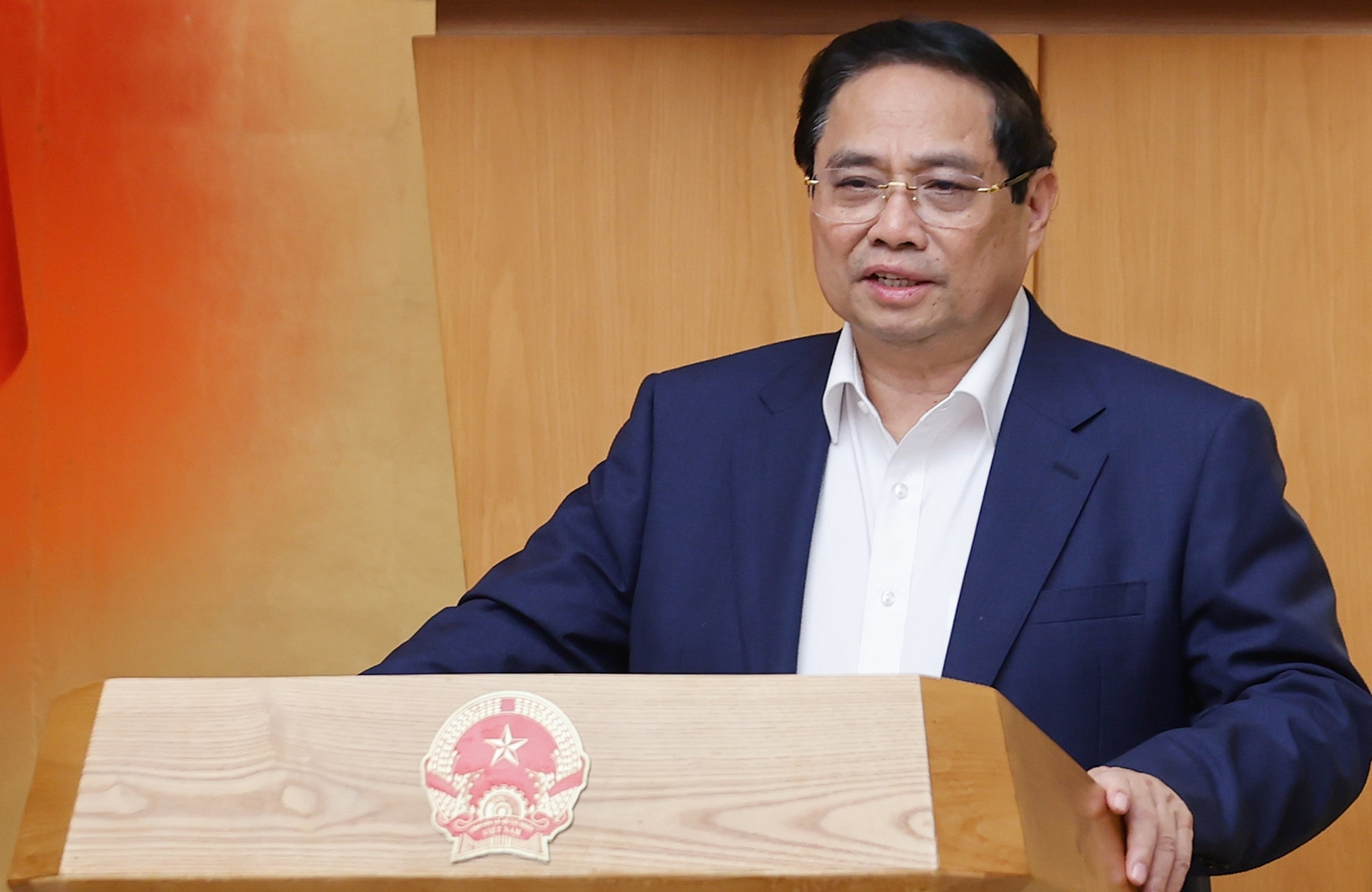 |
Prime Minister Pham Minh Chinh speaking on the morning of 23/7. Photo: Nhat Bac |
Prime Minister Pham Minh Chinh speaking on the morning of 23/7. Photo: Nhat Bac
Promoting institutions and removing bottlenecks with specialized laws
Also at the meeting, the prime minister asked the drafting committee of the Vietnam civil aviation law project to expand the space for mobilizing social resources and promoting public-private partnerships in the development of airlines, airports, logistics, and airport cities.
Regarding the e-commerce law project, the prime minister suggested closely following reality and learning from international experience but applying it creatively to suit the Vietnamese context. Monitoring, inspection, prevention, and strict handling of violations are necessary, especially for counterfeit, substandard, and unknown-origin goods - particularly medicines and food.
For the higher education law and the vocational education law, the government leader requested that the laws contribute to improving the quality of human resources and encouraging lifelong learning. Specific majors such as forensic medicine, infectious diseases, and the arts need appropriate incentive policies. The recognition of training levels, academic titles, and degrees needs to promote decentralization and delegation of authority for greater flexibility and effectiveness.
The prime minister emphasized the general spirit of turning institutions "from the bottleneck of bottlenecks" into a driving force for development and a national competitive advantage. Therefore, draft laws must take the lead in cutting administrative procedures, intermediaries, and eliminating the situation of "superiors legitimizing subordinates."
Vu Tuan



